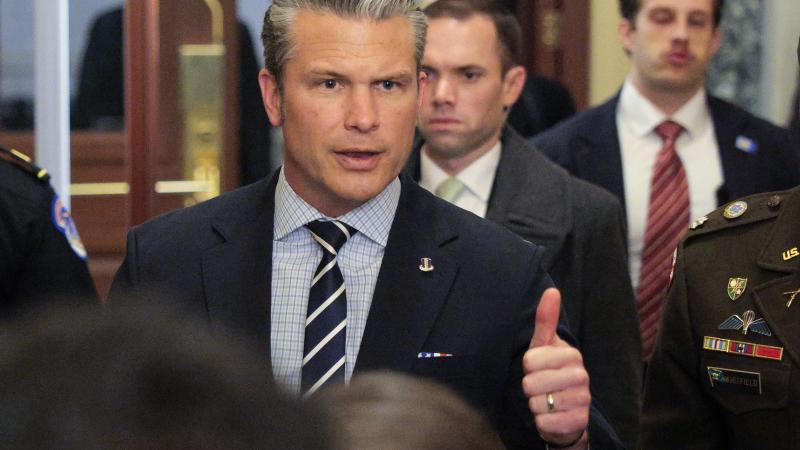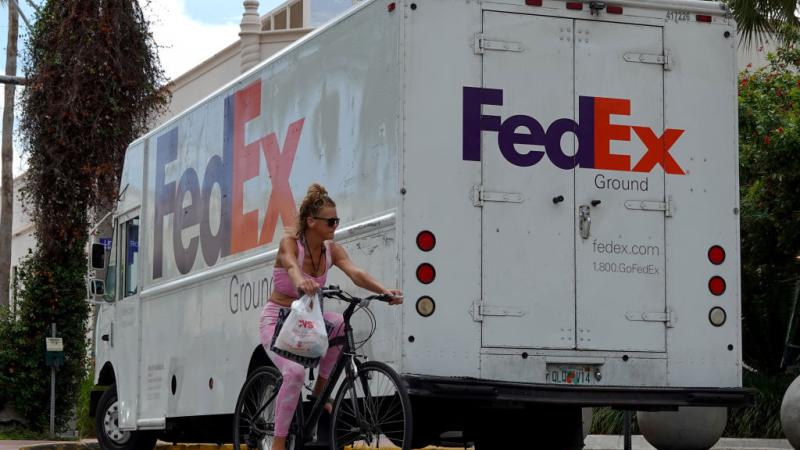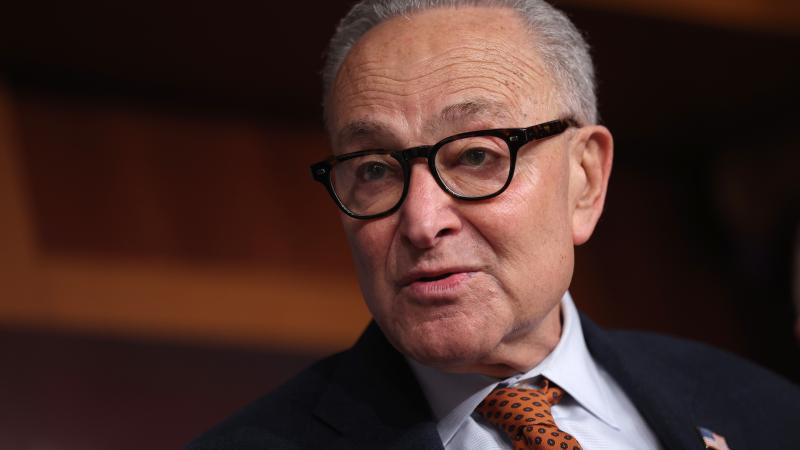Supreme Court weighs Trump's plan to exclude illegal aliens from apportionment base
The arguments occurred Monday via telephone due to the COVID-19 pandemic.
The Supreme Court on Monday heard arguments in a case pertaining to President Trump's plan to prevent illegal aliens from being included in the figures utilized to determine each state's representation in the U.S. House of Representatives.
The arguments were made via telephone due to the COVID-19 pandemic.
The Associated Press reports the high court "sounded skeptical" that the president could exclude those in the U.S. illegally from the population count utilized to determine state seats in the House.
The Census Bureau is supposed to provide apportionment counts to the president by Dec. 31.
“We are not currently on pace to send the report to the president by the year-end statutory deadline,” Solicitor General Jeffrey Wall told the court Monday, according to the AP.
The news outlet said that some conservative justices indicated that a better plan would be for the court to refrain from ruling on lawsuits since the president's intentions are currently speculative.
“Mr. Ho, if the additional information would be beneficial in a few weeks, wouldn’t it be beneficial to actually resolving this case? As the questioning seems to suggest, there’s some difficulty in assessing exactly what information will be available and what that information will be,” Justice Clarence Thomas said to the American Civil Liberties Union lawyer representing immigration groups, according to the AP.
A July memo from the president for the secretary of commerce discussed a policy of not including illegal aliens in the apportionment base, saying that states should not earn greater congressional representation because of their population of illegal aliens.
"For the purpose of the reapportionment of Representatives following the 2020 census, it is the policy of the United States to exclude from the apportionment base aliens who are not in a lawful immigration status under the Immigration and Nationality Act, as amended (8 U.S.C. 1101 et seq.), to the maximum extent feasible and consistent with the discretion delegated to the executive branch," the memo stated.
"In preparing his report to the President under section 141(b) of title 13, United States Code, the Secretary shall take all appropriate action, consistent with the Constitution and other applicable law, to provide information permitting the President, to the extent practicable, to exercise the President's discretion to carry out the policy set forth in section 2 of this memorandum," the memo states.
The Associated Press noted that federal courts in multiple states have ruled that the president's plan violates federal law or the U.S. Constitution.
The high court is comprised of nine justices, including three Trump appointees confirmed by the Senate during his administration – Justices Neil Gorsuch, Brett Kavanaugh and Amy Coney Barrett.















